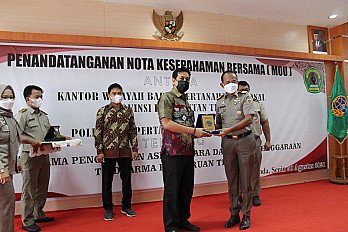SAMARINDA (04/07/2025) – Samarinda State Agricultural Polytechnic (Politani Samarinda) has confirmed its commitment to supporting East Kalimantan's food self-sufficiency through applied research, farmer assistance, and the development of locally-based adaptive agricultural technology.
This was emphasized by Rusmini, M.P., a lecturer and researcher at Politani Samarinda, when she was a resource person in the Dialog Publika program on TVRI Kaltim with the topic "Peat Swamp Potential for East Kalimantan Self-Sufficiency".
"We have proven that tidal swamp land can be productive if managed with a scientific approach. The first year failed due to rainfall and flooding, but in the second year the results reached 5 tons per hectare after interventions in the form of liming, composting, and the use of superior seeds," explained Rusmini.
She also highlighted the importance of water management (irrigation) and improving soil quality which generally has a low pH and is poor in nutrients. One approach developed is the use of local bacteria, such as Bacillus, to fix nitrogen and dissolve phosphate in peat soil that is not naturally available to plants.
According to her, the success of optimizing swamp land is not only about agricultural techniques, but also about human resource development, especially millennial farmers.
"Unfortunately, the interest of the younger generation in the agricultural sector is still low. Many consider farming to be old-fashioned. In fact, we have introduced the concept of smart farming, such as measuring pH and soil moisture through sensors connected to cellphones. This should be an attraction," said Rusmini.
Politani Samarinda itself has established various collaborations with the private sector and local governments in the form of community service activities, curriculum adjustments, and strengthening farmer institutions. Several fostered villages such as Anggana and Bukit Biru have become trial locations for the development of organic and semi-organic agriculture.
On that occasion, Rusmini said that the campus is ready to be an active partner in supporting the sustainability of the Land Optimization (OPLAH) program initiated by the East Kalimantan Provincial Government.
"We in academia do not only teach in class. We go directly to the field, share research results, and encourage a more sustainable and healthy agricultural transformation. Politani Samarinda is ready to be an important part in realizing food self-sufficiency in East Kalimantan," she concluded. (HUMAS)
This was emphasized by Rusmini, M.P., a lecturer and researcher at Politani Samarinda, when she was a resource person in the Dialog Publika program on TVRI Kaltim with the topic "Peat Swamp Potential for East Kalimantan Self-Sufficiency".
"We have proven that tidal swamp land can be productive if managed with a scientific approach. The first year failed due to rainfall and flooding, but in the second year the results reached 5 tons per hectare after interventions in the form of liming, composting, and the use of superior seeds," explained Rusmini.
She also highlighted the importance of water management (irrigation) and improving soil quality which generally has a low pH and is poor in nutrients. One approach developed is the use of local bacteria, such as Bacillus, to fix nitrogen and dissolve phosphate in peat soil that is not naturally available to plants.
According to her, the success of optimizing swamp land is not only about agricultural techniques, but also about human resource development, especially millennial farmers.
"Unfortunately, the interest of the younger generation in the agricultural sector is still low. Many consider farming to be old-fashioned. In fact, we have introduced the concept of smart farming, such as measuring pH and soil moisture through sensors connected to cellphones. This should be an attraction," said Rusmini.
Politani Samarinda itself has established various collaborations with the private sector and local governments in the form of community service activities, curriculum adjustments, and strengthening farmer institutions. Several fostered villages such as Anggana and Bukit Biru have become trial locations for the development of organic and semi-organic agriculture.
On that occasion, Rusmini said that the campus is ready to be an active partner in supporting the sustainability of the Land Optimization (OPLAH) program initiated by the East Kalimantan Provincial Government.
"We in academia do not only teach in class. We go directly to the field, share research results, and encourage a more sustainable and healthy agricultural transformation. Politani Samarinda is ready to be an important part in realizing food self-sufficiency in East Kalimantan," she concluded. (HUMAS)
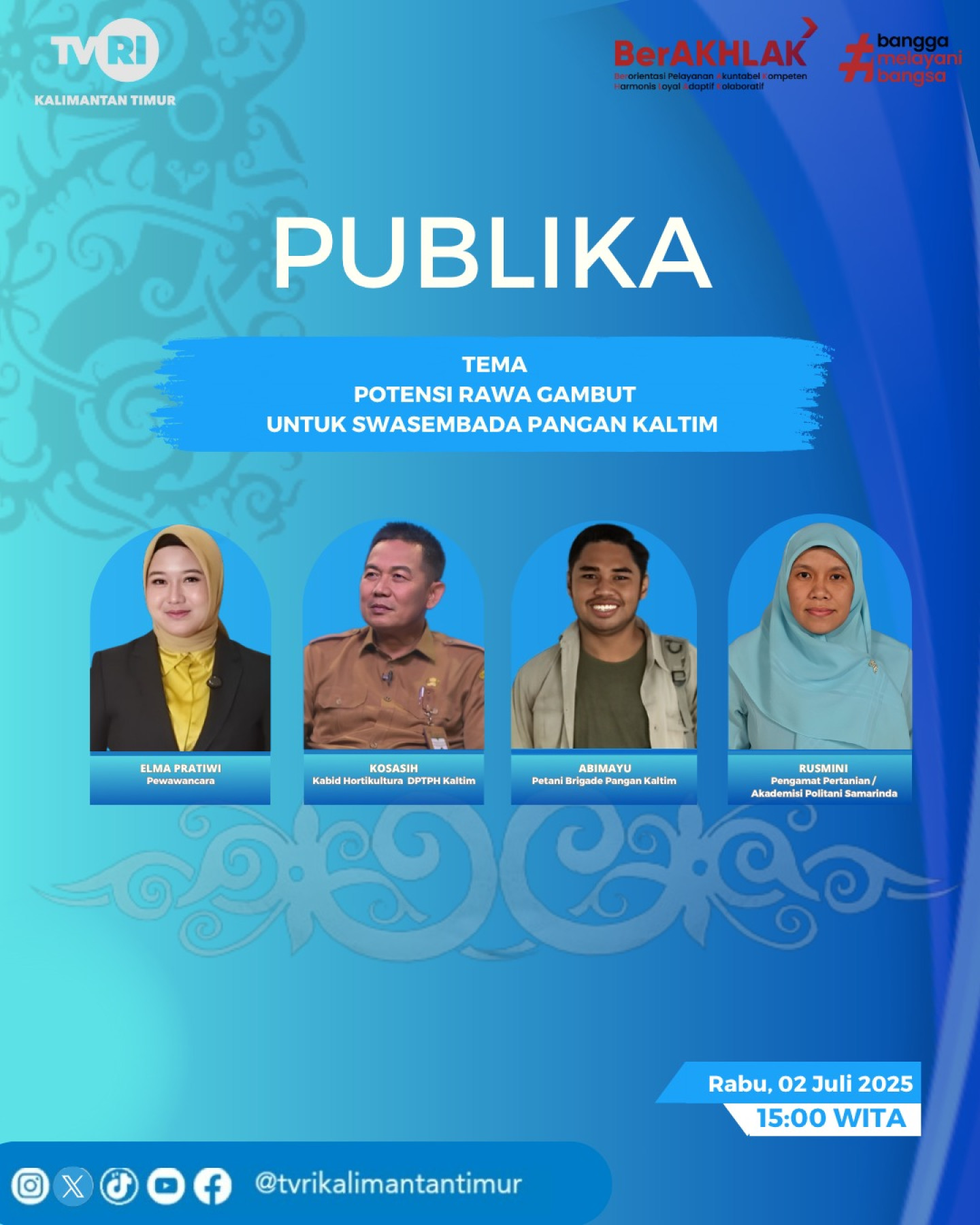
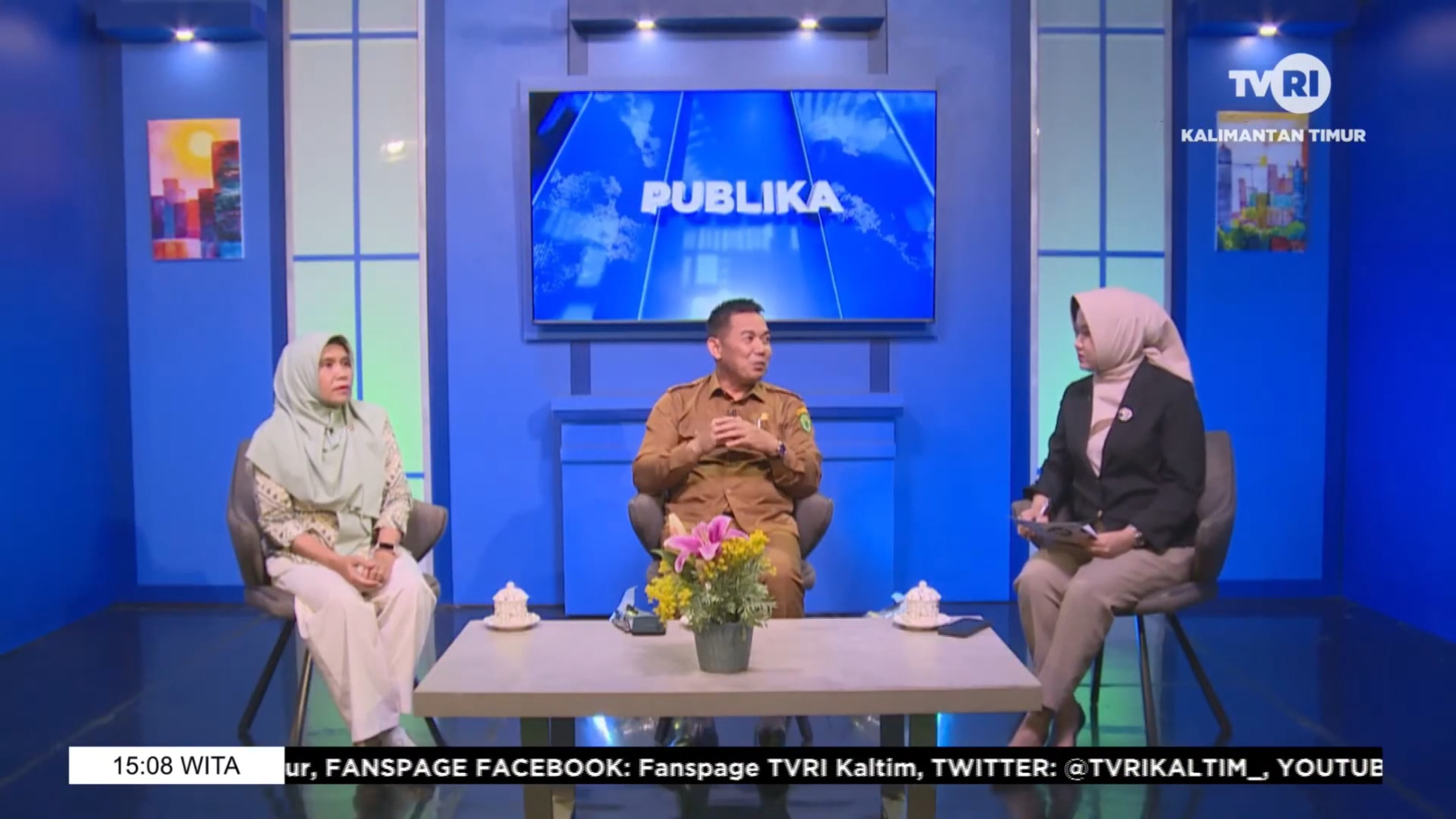
-cover.jpg)
-cover.jpg)
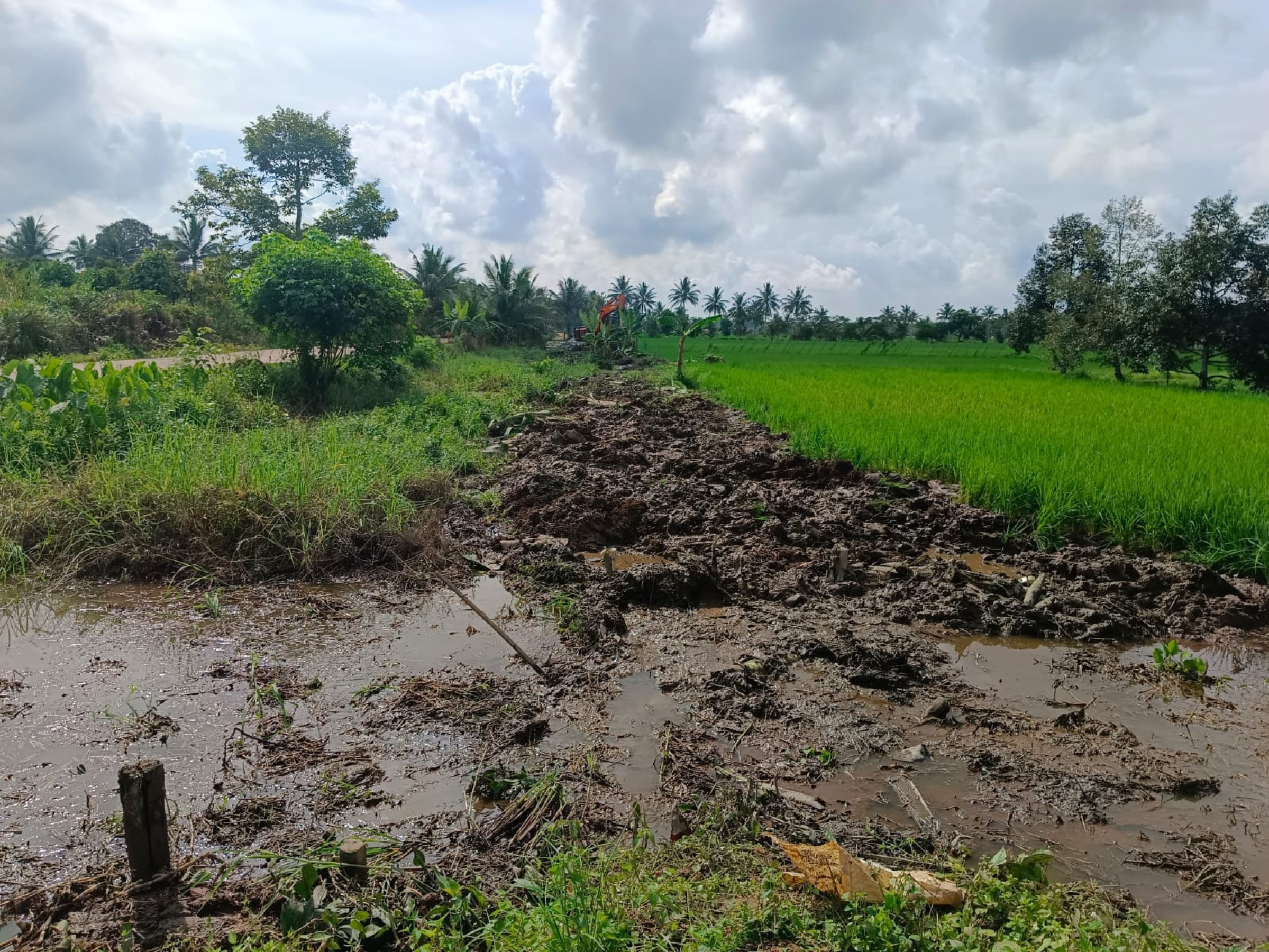
-cover.jpg)
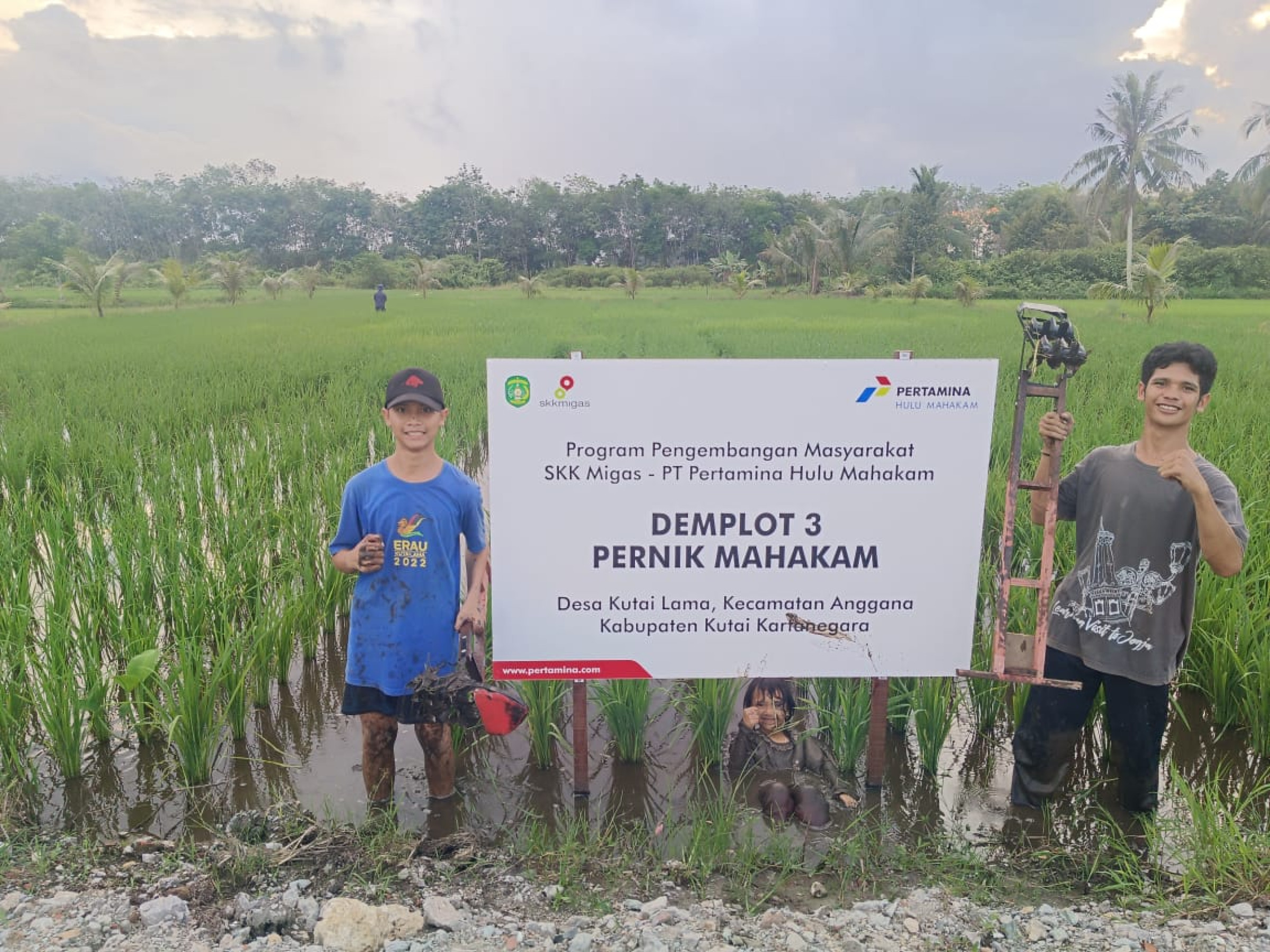
-cover.jpg)
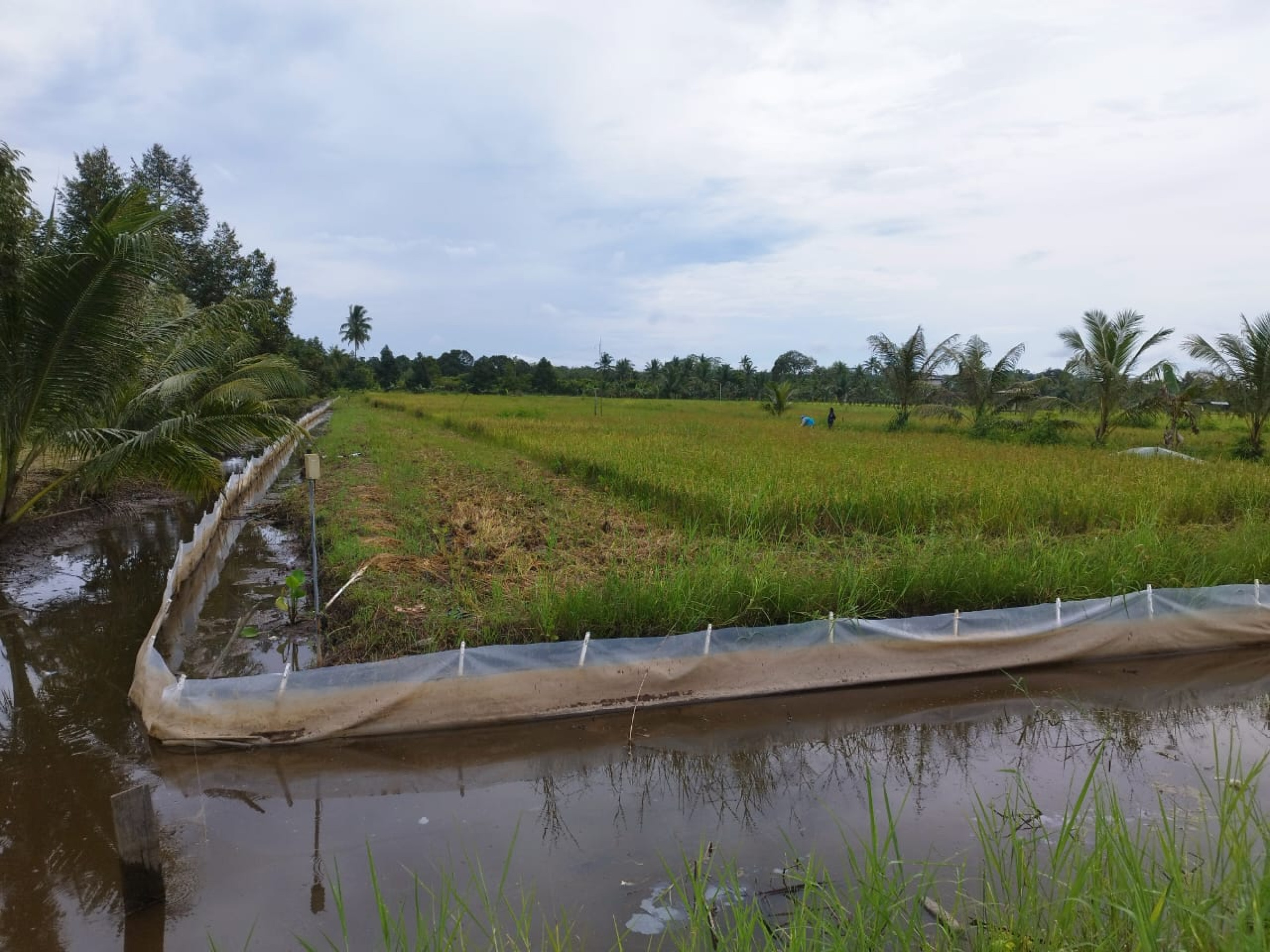
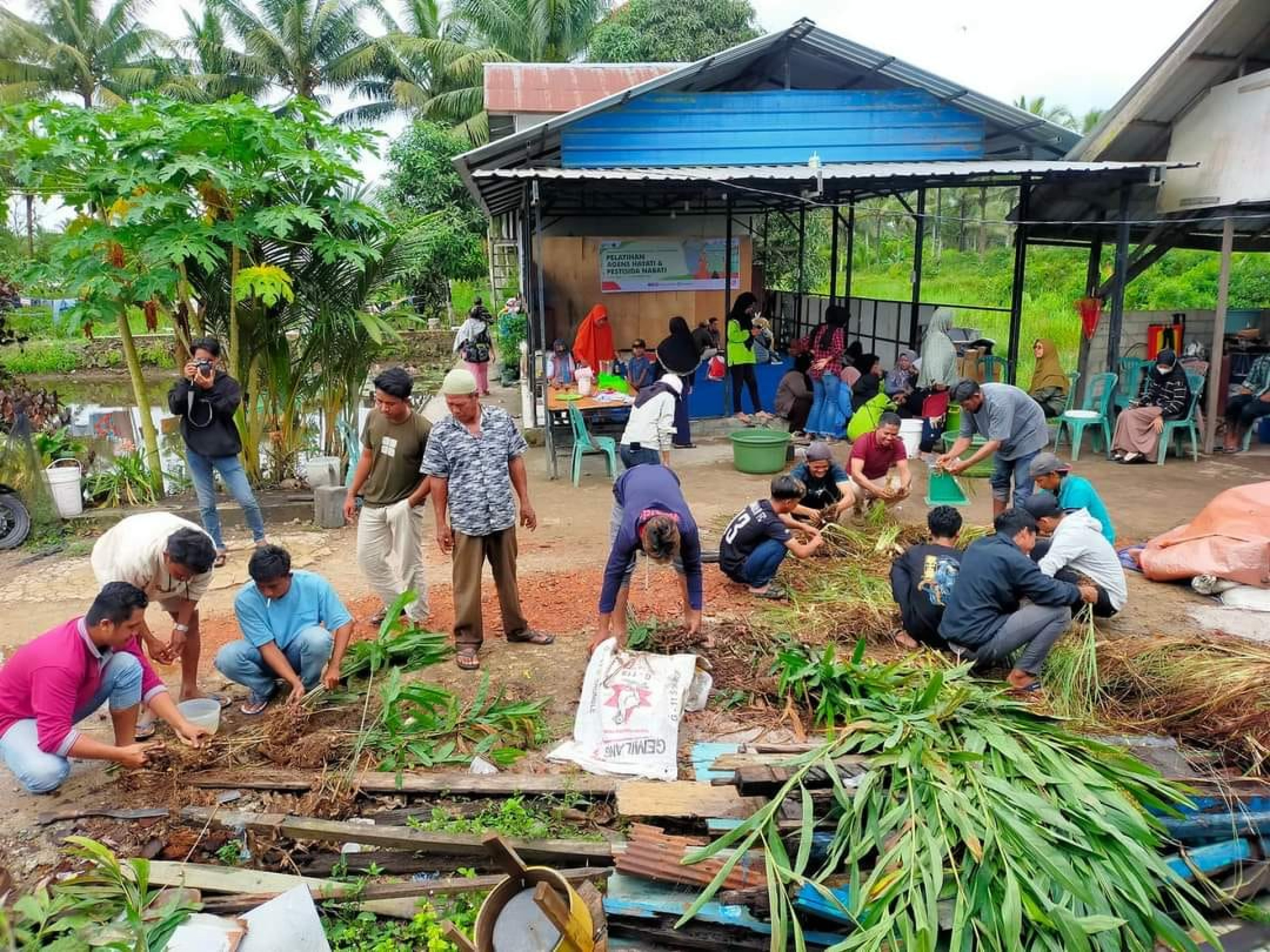
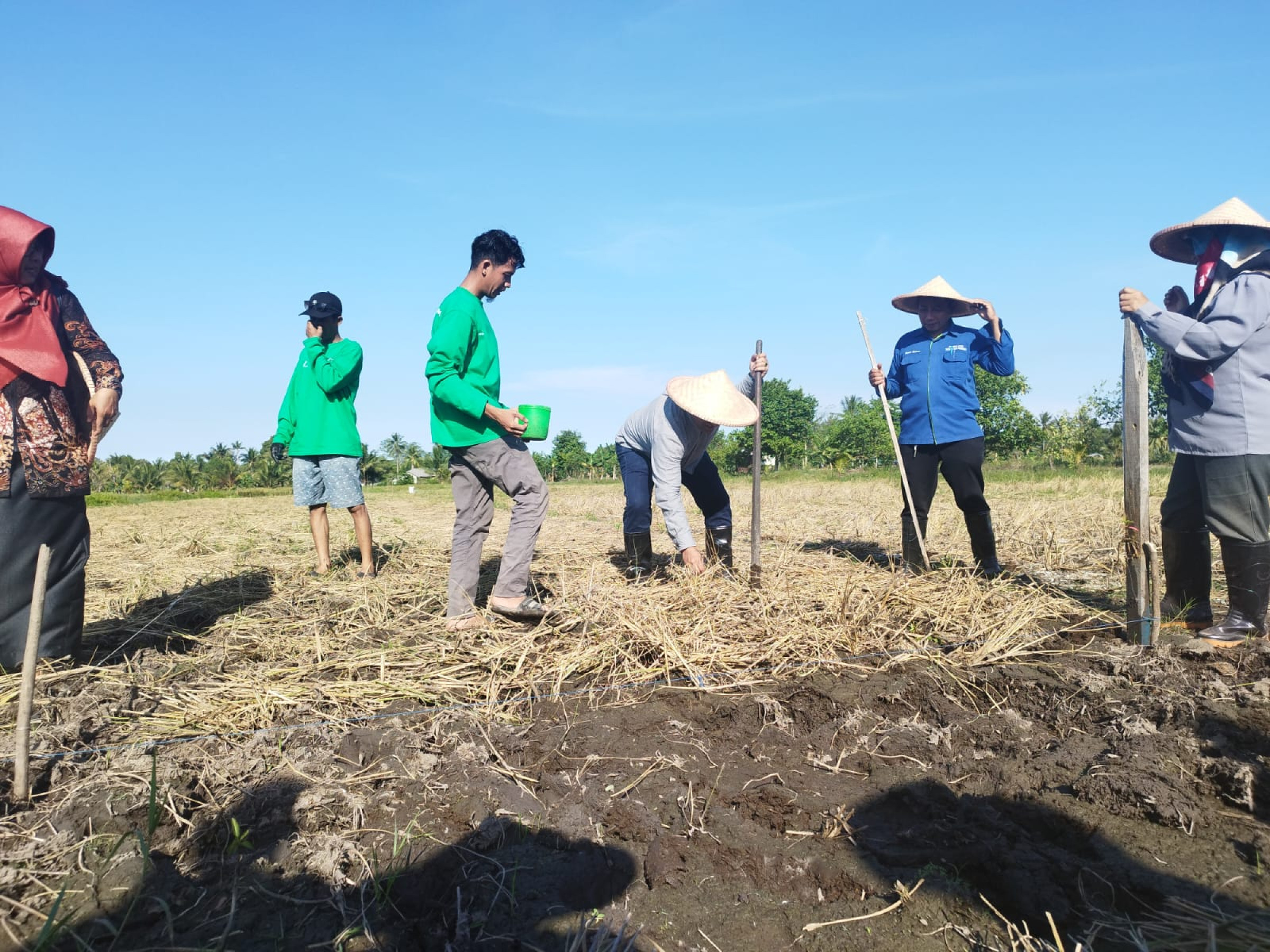
-cover.jpg)
-cover.jpg)
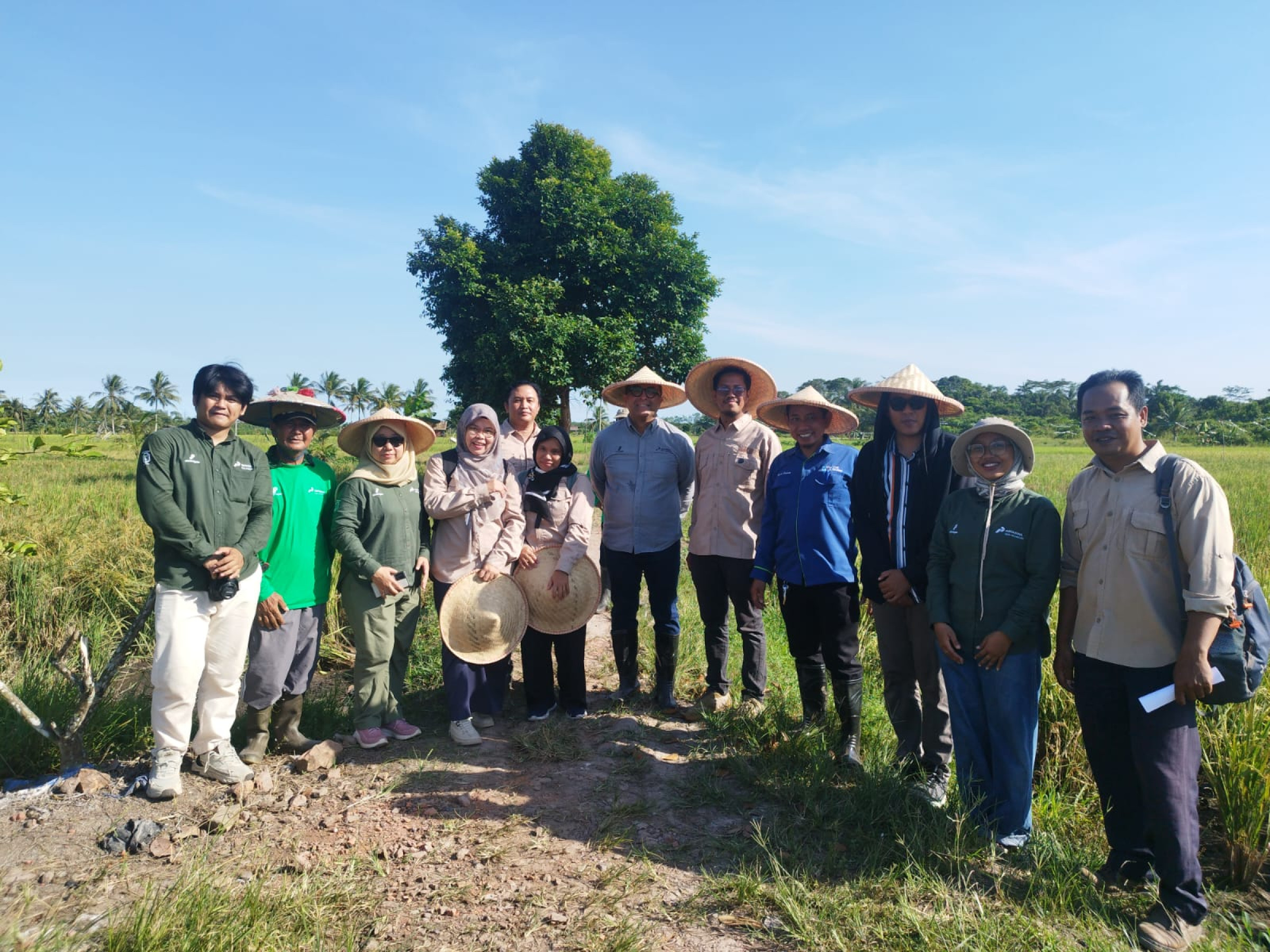
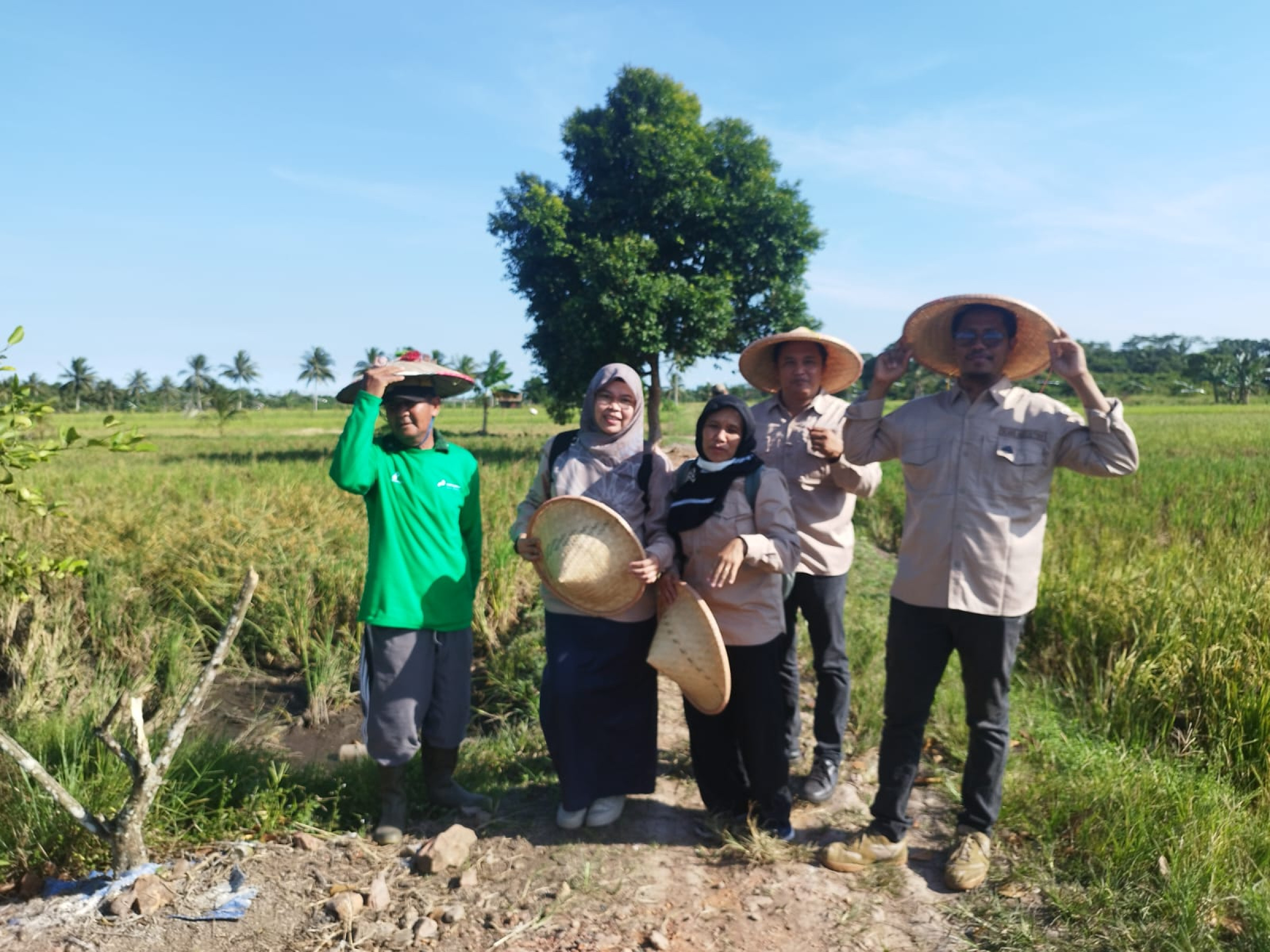
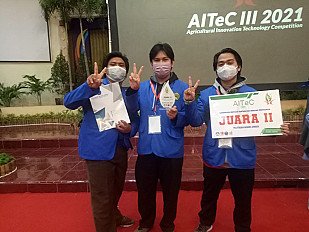
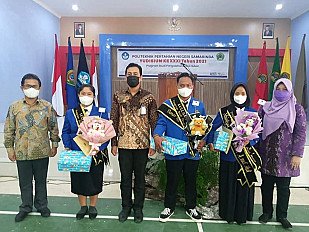
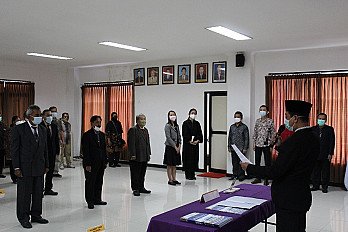
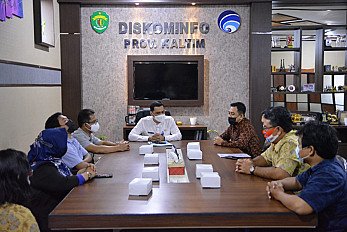
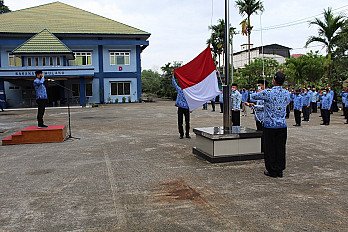
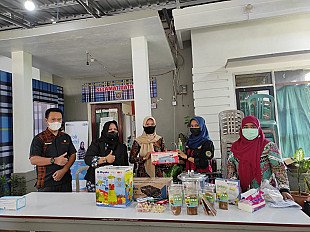
-thumb.jpg)
